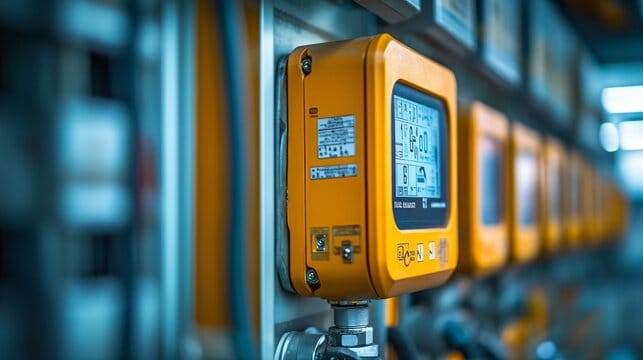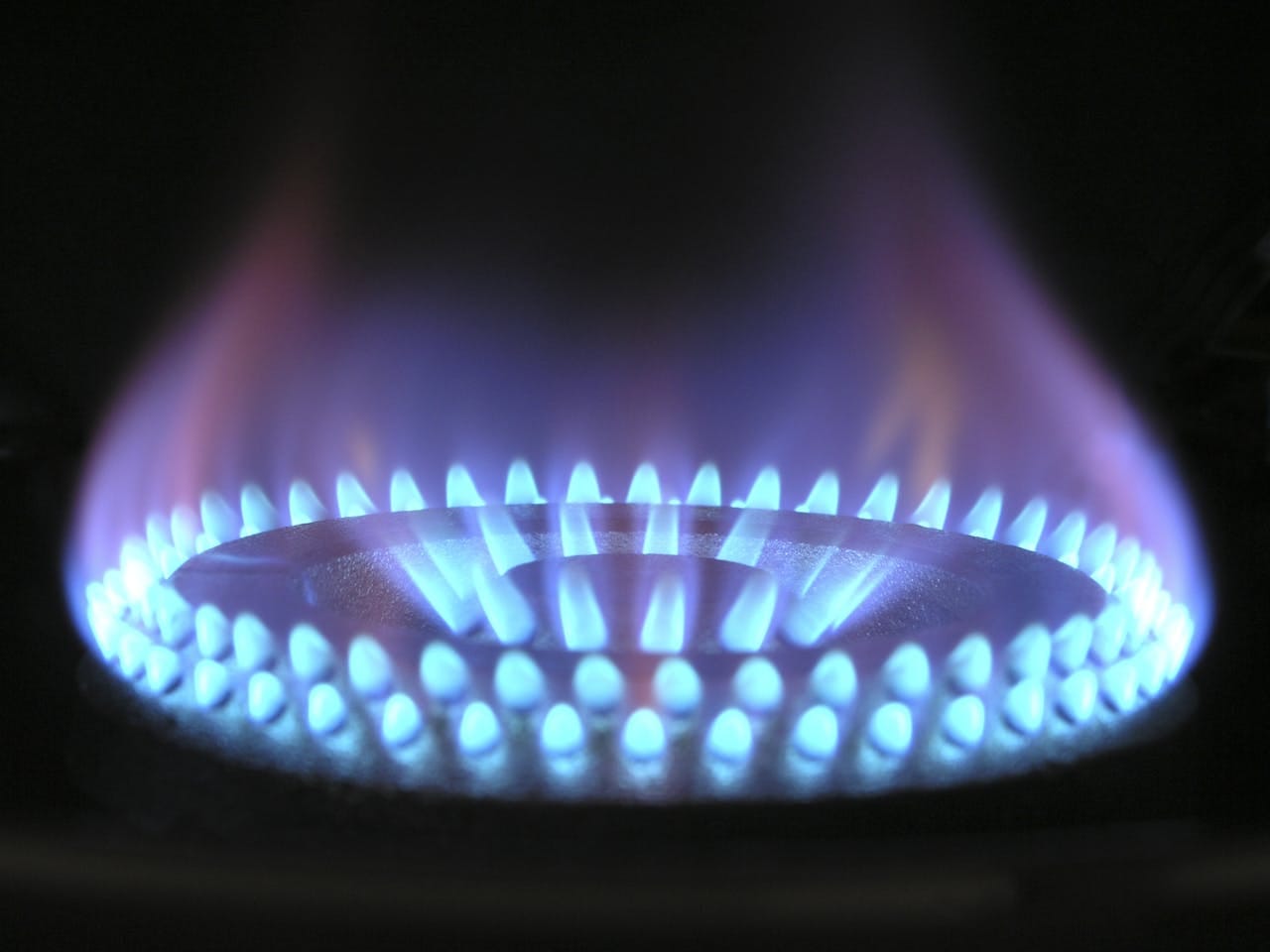
Introduction
Energy efficiency is no longer just a buzzword; it’s a necessity for UK households. With rising electricity bills and increasing demand for sustainable solutions, smart technology has become an essential part of modern living. One innovation leading this transformation is the smart electricity meter in the UK.
Unlike traditional meters, which require manual readings and often rely on estimates, smart meters provide real-time, accurate data on energy consumption. This empowers households to make smarter choices, save money, and contribute to the UK’s wider energy goals.
In this comprehensive guide, we’ll explore:
- What a smart electricity meter the UK is, and how it works
- The advantages of smart meters for households
- The cost of smart meter installation in the UK
- A look at the top smart meter suppliers in the UK
- How much energy and money can you save with this technology
By the end, you’ll understand why switching to a smart meter is not only good for your pocket but also for the environment.
What is a Smart Electricity Meter?
A smart electricity meter is a digital device that automatically records your household’s energy consumption and transmits the data directly to your supplier, unlike traditional meters, which only provide cumulative readings. Smart meters track usage in near real-time, often displayed on an In-Home Display (IHD) unit provided with the meter.
With this system, households can:
- See exactly how much energy they are using in pounds and pence.
- Monitor usage trends daily, weekly, or monthly.
- Avoid estimated bills by ensuring suppliers receive accurate readings.
The UK government has committed to rolling out smart meters to every household, aiming for a fully connected and energy-efficient grid.
How Do Smart Electricity Meters Work?
Smart meters use secure communication networks to send data to suppliers. The process is simple:
- Recording usage :– The meter tracks how much electricity is consumed.
- Transmission :– Data is sent securely to your supplier through the national smart meter network (not your Wi-Fi).
- In-Home Display :– The IHD shows your real-time usage and cost, helping you make adjustments.
This two-way communication system also allows suppliers to offer new tariff types, including time-of-use tariffs, which can help households save money by shifting energy use to off-peak times.
Smart Meter Advantages in the UK
1. Accurate Billing
One of the biggest frustrations with traditional electricity meters is estimated billing. Smart meters eliminate this by providing suppliers with exact usage figures. This ensures you only pay for what you use, no more and no less.
2. Real-Time Energy Tracking
The In-Home Display shows how much energy you’re using in real time, helping you identify wasteful habits. For instance, you might realize how much electricity your tumble dryer consumes and choose to reduce its use.
3. Cost Savings
The question many households ask is: Do smart meters save money? While the meter itself doesn’t lower your tariff, it provides tools to cut consumption. Studies show that households actively using smart meters can save 5–10% annually on electricity bills.
4. Support for Green Energy
Smart meters are vital for the UK’s shift toward renewable energy. By providing accurate data, they allow for a more flexible grid that can incorporate wind and solar power effectively.
5. Greater Convenience
No more manual readings, no more waiting for engineers to check your meter. Smart meters automatically update suppliers, saving time and hassle.
6. Improved Control and Technology Integration
With apps and digital dashboards provided by suppliers, households can track energy usage, set budgets, and even receive alerts for unusual spikes in consumption.
7. National Grid Benefits
At a wider scale, smart meters help balance demand and supply across the UK. This improves grid stability and reduces the risk of blackouts during peak times.
Smart Meter Installation in the UK
Who Installs Smart Meters?
Your energy supplier is responsible for providing and installing your smart meter. Certified engineers carry out the installation, ensuring it meets UK safety and compliance standards.
Smart Meter Installation UK Cost
One of the best aspects of the rollout is that installation is generally free of charge. Costs are covered as part of the national smart meter program, although technically they are included in overall energy bills spread across all customers.
How Long Does Installation Take?
- Electricity smart meter only : Around 1 hour.
- Electricity and gas smart meter together : Around 2 hours.
During installation, your engineer will replace the old meter, test the new system, and set up your In-Home Display.
Smart Meter Suppliers in the UK
Several energy suppliers across the UK are actively rolling out smart meters. Some of the leading smart meter suppliers in the UK include:
- British Gas :– One of the largest suppliers offering free smart meter upgrades.
- EDF Energy :– Provides smart meters with detailed tracking apps.
- E.ON Next :– Focused on helping customers manage usage through apps and green tariffs.
- Octopus Energy :– Known for innovative time-of-use tariffs that work well with smart meters.
- OVO Energy :– Offers energy-saving insights through its mobile platform.
- Scottish Power :– Provides both electricity and gas smart meters as part of its nationwide rollout.
Most major suppliers offer free smart meter installation as part of the government-backed program.
Smart Meter Energy Saving in the UK
The ultimate question is: How much energy can you actually save with a smart meter?
Energy Savings at the Household Level
Smart meters don’t reduce your tariff but give you tools to cut back wasteful usage. For example:
- Turning off appliances left on standby.
- Use washing machines and dishwashers during off-peak hours.
- Spotting unusually high consumption from faulty appliances.
On average, households that engage with their smart meter data save 5–10% annually on electricity bills.
National Energy Savings
By balancing demand more effectively, smart meters help the UK reduce reliance on fossil fuels, supporting the transition to renewable energy.
Addressing Common Concerns
1. Are Smart Meters Safe?
Yes. Smart meters meet strict UK and EU safety regulations. They emit radio waves, but at levels far below those of mobile phones or Wi-Fi routers.
2. Do They Work Without Wi-Fi?
Yes. Smart meters use a dedicated secure network and do not depend on your household’s internet connection.
3. What if I Switch Suppliers?
Modern SMETS2 smart meters continue to work seamlessly when you switch suppliers. Older SMETS1 models may lose some functionality, but most are being upgraded remotely.
4. Can I Refuse a Smart Meter?
Yes, smart meters are not mandatory. However, refusing one means you miss out on accurate billing, usage insights, and access to future energy tariffs.
The Future of Smart Electricity Meters in the UK
Smart meters are not just about today’s benefits—they are about preparing for tomorrow’s challenges. With the rise of electric vehicles (EVs), home batteries, and smart appliances, demand for electricity will only grow.
Smart meters will be central to:
- Managing charging times for EVs.
- Supporting flexible tariffs that encourage off-peak usage.
- Allowing households to sell energy back to the grid from solar panels or batteries.
By adopting a smart meter now, UK households can stay ahead of the curve and contribute to a sustainable energy future.
Case Study: Smart Meters in Action
Take the example of a London household that switched to a smart electricity meter through Octopus Energy. By monitoring their usage, they discovered their old fridge was consuming unusually high amounts of electricity. Replacing it cut their bills by £120 annually.
This demonstrates how smart meter energy saving in the UK isn’t just theoretical it delivers real results for everyday families.
Conclusion
The smart electricity meter UK rollout is more than just a technological upgrade; it’s a vital step toward efficiency, savings, and sustainability. With accurate billing, real-time tracking, cost savings, and integration with future energy systems, smart meters offer benefits that traditional meters cannot match.
If you’re wondering about the smart electricity meter installation UK cost, the good news is that most installations are free. With suppliers like British Gas, Octopus Energy, and OVO Energy offering nationwide rollouts, booking your appointment has never been easier.
Smart meters are not just good for your wallet; they’re good for the planet. By adopting one now, you’re making a smart choice for your household and for the future of the UK’s energy system.
FAQs
1. What is a smart electricity meter in the UK?
It’s a digital device that records real-time electricity usage and sends accurate data to your supplier.
2. How much does smart meter installation cost in the UK?
In most cases, installation is free as part of the government-backed rollout.
3. What are the main smart meter advantages in the UK?
Accurate billing, energy savings, convenience, support for green energy, and preparation for future smart technologies.
4. Who are the main smart meter suppliers in the UK?
British Gas, EDF, E.ON, Octopus Energy, OVO Energy, and Scottish Power.
5. Do smart meters save energy in the UK?
Yes. By helping you track and reduce unnecessary usage, households can save 5–10% on electricity bills annually.
6. Are smart meters mandatory in the UK?
No, but they are strongly encouraged, and most suppliers offer them free of charge.
7. Do smart meters work with all suppliers?
Yes. Modern SMETS2 meters continue to function if you switch suppliers.
8. Do smart meters need Wi-Fi?
No. They operate on a secure national smart meter network.
9. Are smart meters safe?
Yes. They meet strict UK safety standards and emit very low levels of radio waves.
10. Can smart meters help me access new tariffs?
Yes. Smart meters enable flexible tariffs like time-of-use pricing, which can reduce costs for households willing to shift usage.


